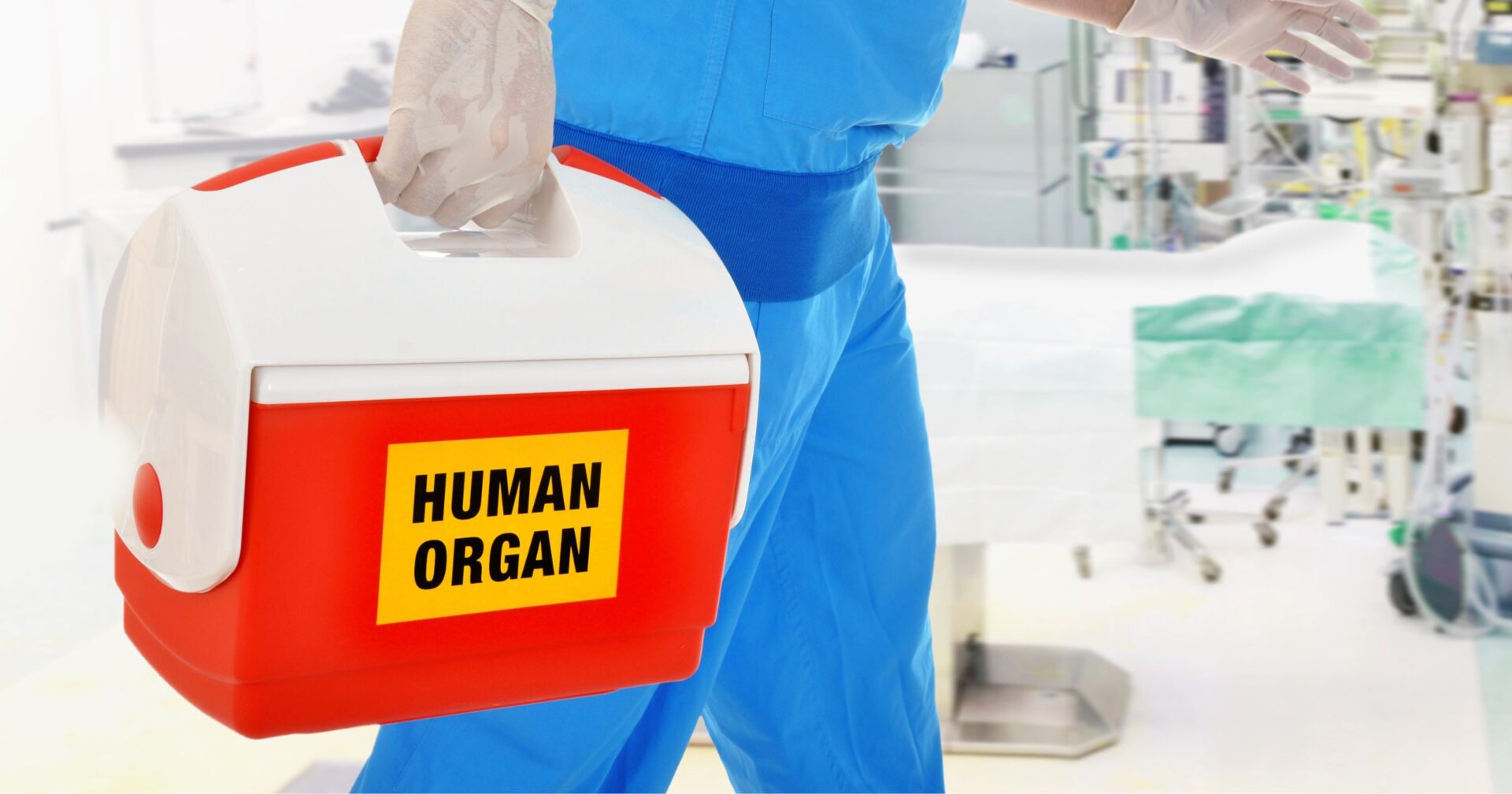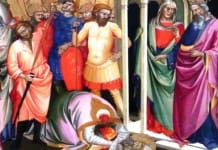It sounds strange, but it’s true: when someone is elected to the papacy, they no longer can be registered organ donors. Here’s the reason why..
“Organ donation is a testimony of love for our neighbor.” – Pope Francis
One of the biggest misconceptions about organ donation is that being a member of the Church and holding the Faith is somehow an obstacle to registering as an organ donor, but that couldn’t be further from the truth.
Many popes in years past have praised organ donation, both donating organs while alive (like a kidney or liver donation), and pledging to do so after death. For example, Pope Francis has called for organ donation to be “encouraged as a manifestation of generous solidarity.”
“Donation means looking at and going beyond oneself, beyond one’s individual needs and opening oneself generously to a wider good. Organ donation is not only an act of social responsibility, but also an expression of the universal fraternity which binds all men and women together.”
Pope Saint John Paul II even wrote about organ donation in his encyclical Evangelium Vitae. He wrote that one way to foster a genuine culture of life was “the donation of organs, performed in an ethically acceptable manner, with a view to offering a chance of health and even of life itself to the sick who sometimes have no other hope.”
One of the biggest proponents of organ donation, however, is Pope Emeritus Benedict XVI. As early as the 1970s he has carried his organ donor registration card. In 1999, as Cardinal Ratzinger, he said he had carried his donor card with him “for years,” and encouraged others to do the same as “a profound act of love.”
However, once he was elected to the papacy on the 19th of April in 2005, he was no longer able to be an organ donor. Why? In 2011, his personal secretary Monsignor Georg Gaenswein wrote that:
“It’s true that the pope owns an organ donor card … but contrary to public opinion, the card issued back in the 1970s became de facto invalid with Cardinal Ratzinger’s election to the papacy.”
Upon death, the Vatican assumes ownership of the deceased pontiff’s body and it belongs to the entire Church; law dictates a pope must be buried intact.
Polish Archbishop Zygmunt Zimowski, President of the Pontifical Council for the Pastoral Care of Health Care Workers at the time, said another issue was posed if the pope donates an organ upon death, and ends up being made a saint. The living person would effectively have a relic inside them.
“Both the body and soul of the Pope belongs to the Church. It is also understandable in view of possible future veneration. This doesn’t take anything away from the validity and the beauty of the gift of organ donation.”
Photo credit: Dan Race / Shutterstock.com


















Allo stesso modo si dovrebbe pervenire all’ovvia considerazione che chi immette dentro se stesso organi altrui rischia di assumere i connotati comportamentali dell’altro. Io ne donerò organi alla mia morta nè gradirò mai prolungare la mia vita mortale ricevendo il corpo in porzione di altri. La medicina deve portare un freno alle elucubrazioni attuali che sorpassano i limiti posti dal Creatore.
Oltre al fatto che io sospetto ci sia un commercio di mezzi vivi fatti ammazzare per tale ragione
So, would the act of having donated an organ earlier in life (as a child, donating a kidney to a sibling, for example) disqualify a man being elected pope.
You have mentioned about becoming a saint after donating an organ for Pope ,What happens for lay ,if he/she becames a Saint after donating an organ .Does organ receiver present some relics?
Secondary ,is it only for organs or even for tissue like blood tissues?
Lay people can be elevated to Sainthood. The relic issue seems like a silly obstacle.